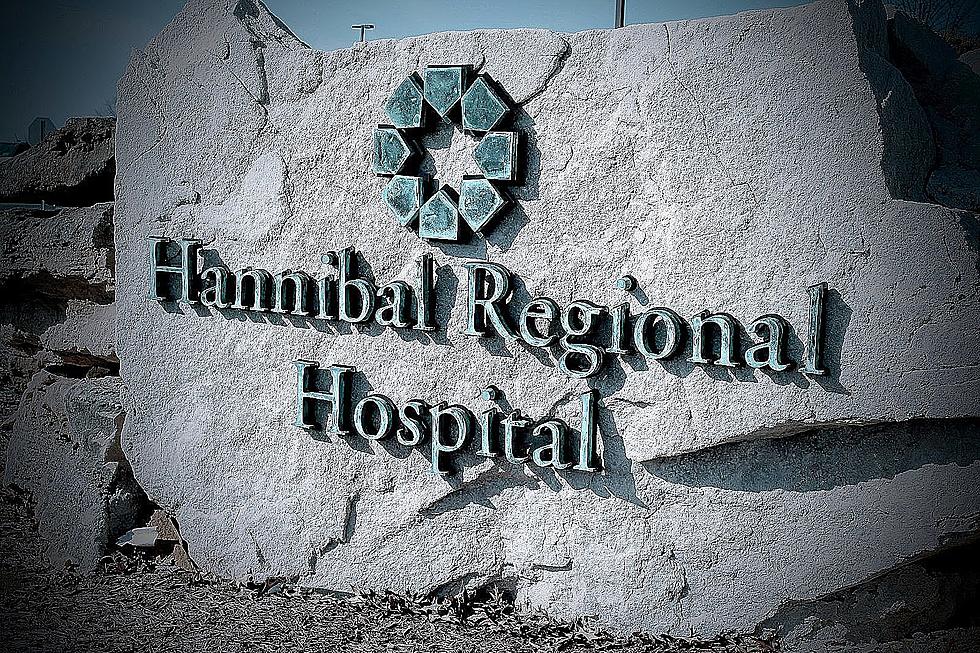
Area Hospitals Ask Visitors To Stay Home If They Have They Flu
When you're seriously ill, you go to the hospital. But if you have flu symptoms and you don't need emergency care, area hospitals are asking you to stay away so you don't spread your sickness to patients.
Hannibal Regional officials are urging people with flu-like symptoms to avoid visiting loved ones who are in the hospital.
“Although we have not observed an increase of influenza cases coming to the hospital, there has been a sharp increase of influenza cases in the community. To promote the well-being of our patients, team members and volunteers, we request that persons refrain from visiting the hospital if they are exhibiting signs of influenza,” Dr. Pranav Parikh, Chief Medical Officer.
Common signs and symptoms of the flu include:
- Fever, chills, feeling feverish
- Muscle or body aches
- Headache
- Cough
- Runny or stuffy nose
- Fatigue
- Vomiting and diarrhea (more common in children)
Even if you got the flu shot this year, don't think you're exempt. There are different strains of flu out there and this is the peak season for them to emerge. Several of my own family members have tested positive for Influenza A even though they were vaccinated in the fall.
Influenza spreads by droplets created when people who have the flu cough, sneeze or talk. The droplets can land in the mouth or nose of nearby people, and on surrounding surfaces. Touching surfaces containing the flu virus and then touching the mouth or nose can lead to infection.
Influenza is contagious beginning one day before symptoms start, and up to 5-7 days after symptoms begin. After exposure to the flu virus, symptoms begin in 1-4 days.
To prevent contracting or spreading influenza, get a flu vaccine every year, stay away from people who are sick, cover coughs and sneezes, and wash your hands frequently.
Antiviral medications are available to treat influenza, so contact your health care provider as soon as possible if you experience symptoms.
People should go to the Emergency Room right away if they get sick and experience any of the following symptoms:
Children:
- Fast breathing or trouble breathing
- Bluish skin color
- Not drinking enough fluids
- Not waking up or not interacting
- Being so irritable that the child does not want to be held
- Fever with a rash
Adult:
- Difficulty breathing or shortness of breath
- Pain or pressure in the chest or abdomen
- Sudden dizziness
- Confusion
- Severe or persistent vomiting
Adult or Children
- Flu-like symptoms that improve but then return with a fever and worse cough
More From 100.9 The Eagle, The Tri-States' Classic Rock Station









